|
By Tyler Altenburger and Kate Santos, Ph.D., on September 27, 2023 It’s a question that’s been posed for years: if a tree falls in a forest and nobody is around to hear it, does it make a sound? At Longwood, the answer is yes—not only does it make a sound, but it mobilizes a multi-step, multi-team response to address that fallen tree. Unfortunately, our storm response had to be enacted last month following a very strong storm that moved through our region the evening of August 7. The storm brought with it strong wind gusts to widespread power outages and, here in our Gardens, resulted in the fall of two of our large trees: a state champion Chinese scholar-tree (Styphnolobium japonicum) between our Open Air Theatre and Flower Garden Walk and a white oak (Quercus alba) in Oak and Conifer Knoll. The falling of these two trees required us to act swiftly, safely, and collaboratively to remove the trees, replant affected areas, and reopen these areas for our guests—and even save a family of squirrels in the process. At Longwood, our staff works together in amazing ways every day to care for our Gardens, and our response to the resulting storm damage throughout the property was no exception. Given the size and location of these fallen trees, what seemed an insurmountable task—safely and effectively removing the trees and reopening those affected areas to guests within mere days—was remarkably accomplished. The day after the storm moved through our region, in the early morning hours we started assessing any storm-related damage throughout the Gardens. We first identified and removed any hazards over the main roads of the property, making sure the property was safely accessible. We then moved onto the two large fallen trees. We certainly had heavy hearts when we discovered the Chinese scholar-tree had fallen. This tree was purchased in 1928 from the Moon Nursery in Chestnut Hill outside of Philadelphia. At the time of its purchase, it was already 35 feet tall and 30 feet wide. Estimated to be near 120 years old at the time of its falling, the tree was approximately 85 feet tall with a crown spread width of 105 feet. Given its size, it was designated as a state champion tree, meaning it was among the largest of its kind in Pennsylvania. As with all of our trees at Longwood, our Chinese scholar-tree had been actively managed and inspected regularly throughout its lifetime, and had undergone a canopy reduction just a couple years prior. At the time of the storm, the tree had just finished flowering and was beginning to fruit, so it had increased weight load at the time the storm’s strong winds came through. Given the westward winds experienced during the storm, the tree fell in the direction of Flower Garden Walk onto Dogwood Plaza container plantings near our Open Air Theatre and damaging one of the flower beds along Flower Garden Walk. Taking into account the Chinese scholar-tree’s location in one of our most frequently visited sections in our outdoor gardens, we prioritized the cleanup of that tree—and what an effort it was. On Tuesday, the day after the storm and a day we were already closed to guests, our arborist team began coordinating the cleanup of the tree by building a plywood “road” in order to access the site with heavy equipment. Our Outdoor Landscapes team supported the peripheral cleanup while assessing impacted areas and defining replacement plants for the flower bed damage. Our Soils and Composting team started coordinating the pickup and removal of the tree materials, to then be taken to our Abbondi property for composting. And, our Land Stewardship team assisted in the safe—and successful—relocation of a squirrel nest that was in the tree when it fell. Our archives team got to work documenting the loss of the tree. On Wednesday, the Chinese scholar-tree effort continued in full force. Our entire arborist team continued tree removal and coordination to include stump grinding, while Outdoor Landscapes finalized the plant replacement needs for the flower bed. Our Facilities team addressed and solved electrical impacts near the Open Air Theatre, as well as helped our Soils and Composting team move material from our transfer sites to our composting facility. As we were open to guests that day, our Guest Services and Security teams were stationed nearby, enacting path closures, ensuring guest safety, and answering guests’ questions. Quite impressively, by the end of the day Wednesday all work was completed, and the area was once again available to guests in time for our Thursday opening. On Thursday, we got to work on the fallen white oak in Oak and Conifer Knoll that had been planted in the late 1920s. With the storm’s heavy winds, one half of this 100-foot-tall tree fell and, upon inspection, we could not retain the other half of the tree due to resulting cracks running down the trunk. This tree was also bearing fruit which contributed to excess loading in conjunction with high winds and rain. Again, as with all of our trees at Longwood, this white oak was regularly inspected and managed throughout its lifetime—and we were saddened to see it go. As with the Chinese scholar-tree, this particular white oak was located in an area that required us to lay many sheets of plywood to closely access the site. After the plywood and crane were in place, on Thursday our team began taking down the compromised portion of the white oak, and was able to remove this portion that day—despite heavy rains that moved through our area in the early afternoon. On Friday, we finished removing the remainder of the tree and were able to reopen the area to guests by mid-afternoon. Yet again, our Turf and Outdoor Landscapes teams played a crucial role in supporting final cleanup. Following this week of cleanup, the arborist team continued for an additional week cleaning up various trees and limbs throughout our 1,100 acres. Although all the prioritized work has been completed, additional time will be spent later this fall/winter finishing cleanup in our non-public sections of the property. Notably and poetically, the material from the fallen trees is being turned into compost to be used here at Longwood to help nourish our Gardens and to help ensure our plants grow in optimal conditions. Not only will these trees serve a sustainable composting purpose here in our Gardens, but their legacy, and stories, will remain—and their sites replanted.
The site of our fallen oak will be replanted with several oaks, while the site of our fallen Chinese scholar-tree will be replanted with a yet-to-be-determined design. Through the Specimen Tree Replacement Plan—in which we preserve the germplasm, or genetics, of original trees dating back to the 1800s, as well as state champion trees and those valuable to the aesthetic landscape of our Gardens—our nursery team already had cuttings from the Chinese-scholar-tree with hopes of propagating a future specimen. By propagating and cloning such trees, we create genetically identical specimens to be planted and, such as in this case, live on in another form should disaster occur. Due to the size of our state champion trees, they cannot be immediately replaced as tree growth is a slow process, but their adapted and valuable genetics can be cloned to ensure the best traits endure for centuries to come. For now, while we are indeed extremely saddened by the loss of these two trees, we take pride in our swift, safe response to their falls and we take comfort in the fact that they live on through our—and your—memories of them, as well as their future contributions to our Gardens. Categorized Under:
4 Comments
|
Archives
May 2024
Categories |
|
Copyright Southern Chester County Chamber of Commerce.
All Rights Reserved. 2021 8 Federal Road | Suite 1, West Grove, PA 19390 Phone: (610) 444-0774 | [email protected] | sitemap |
|

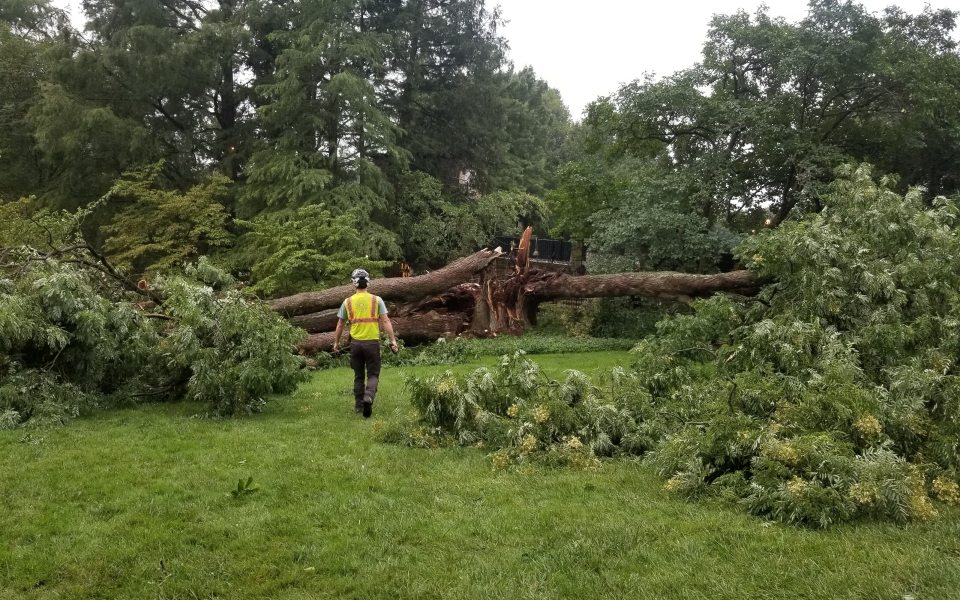
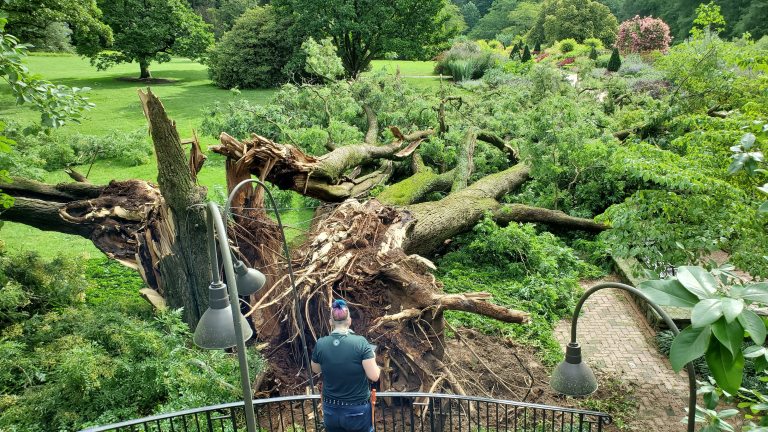
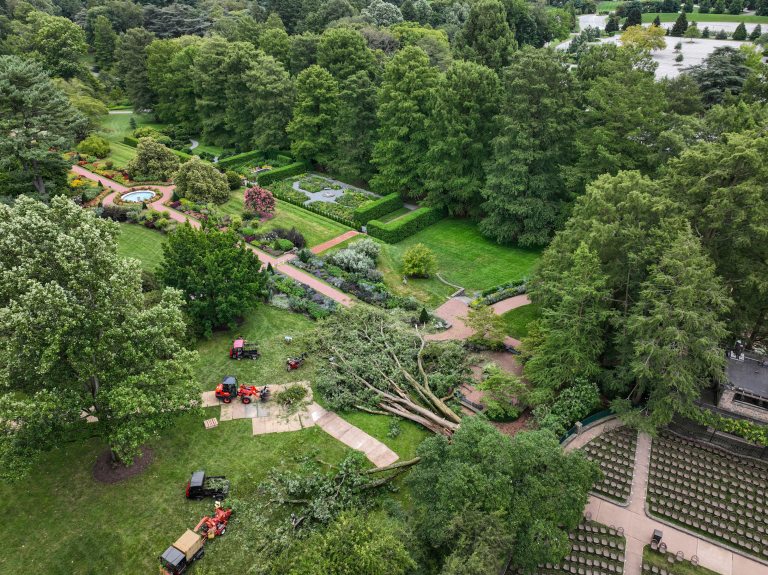
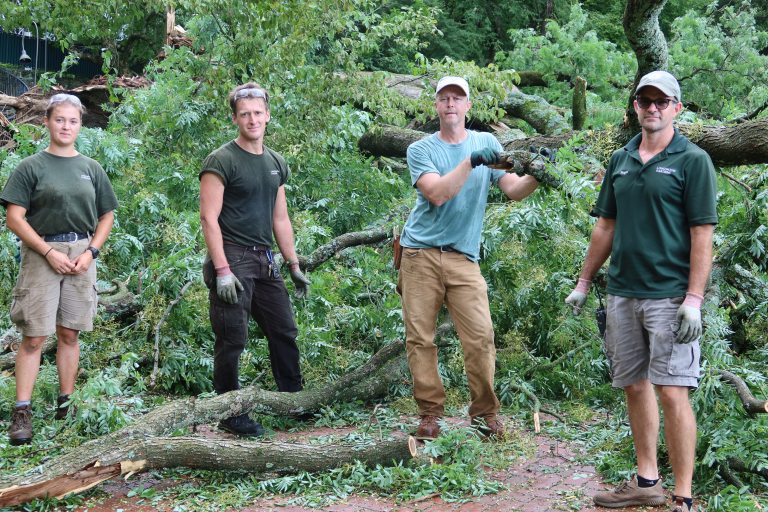
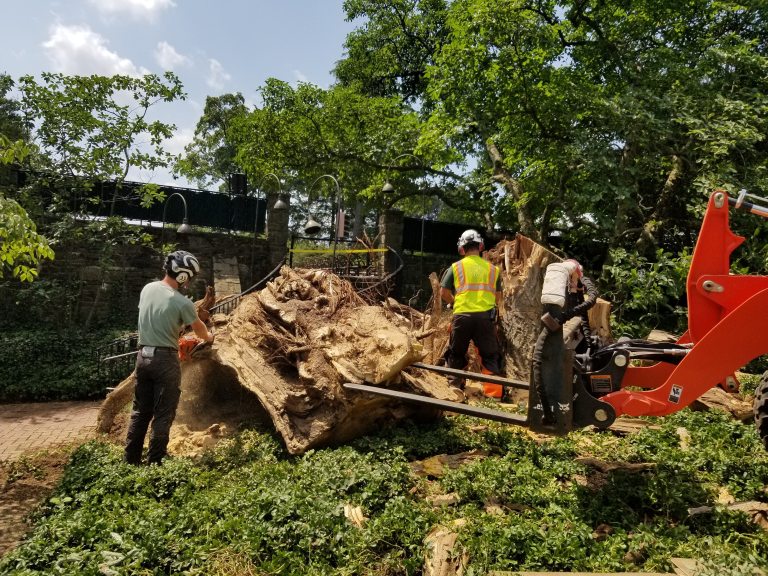
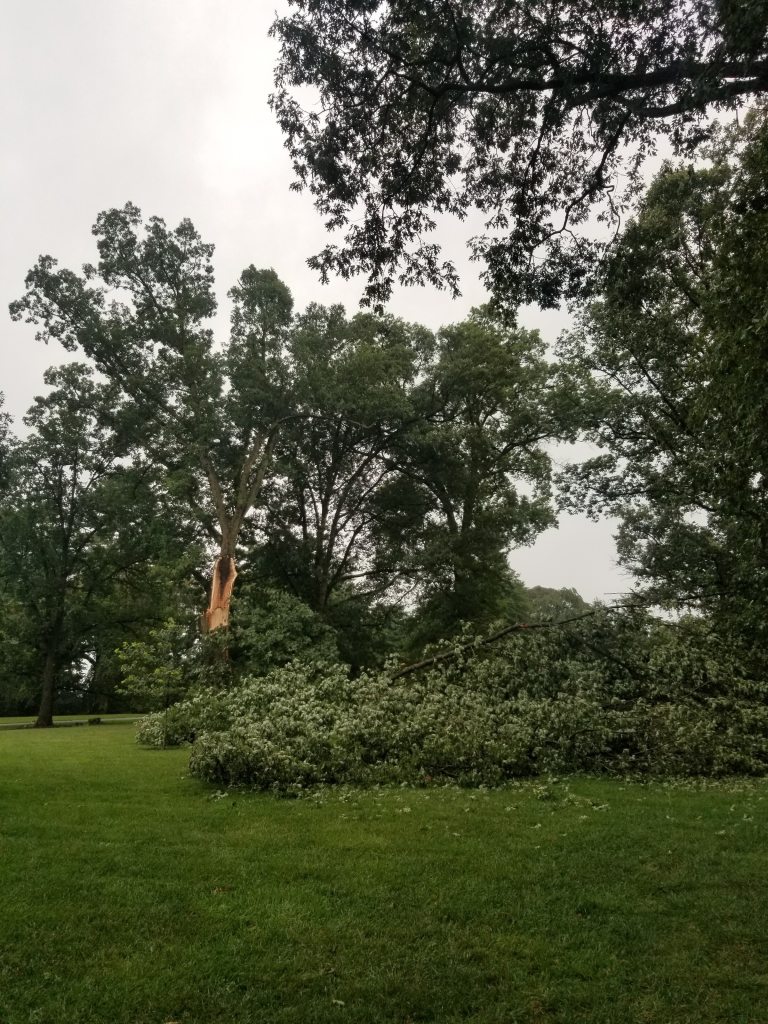
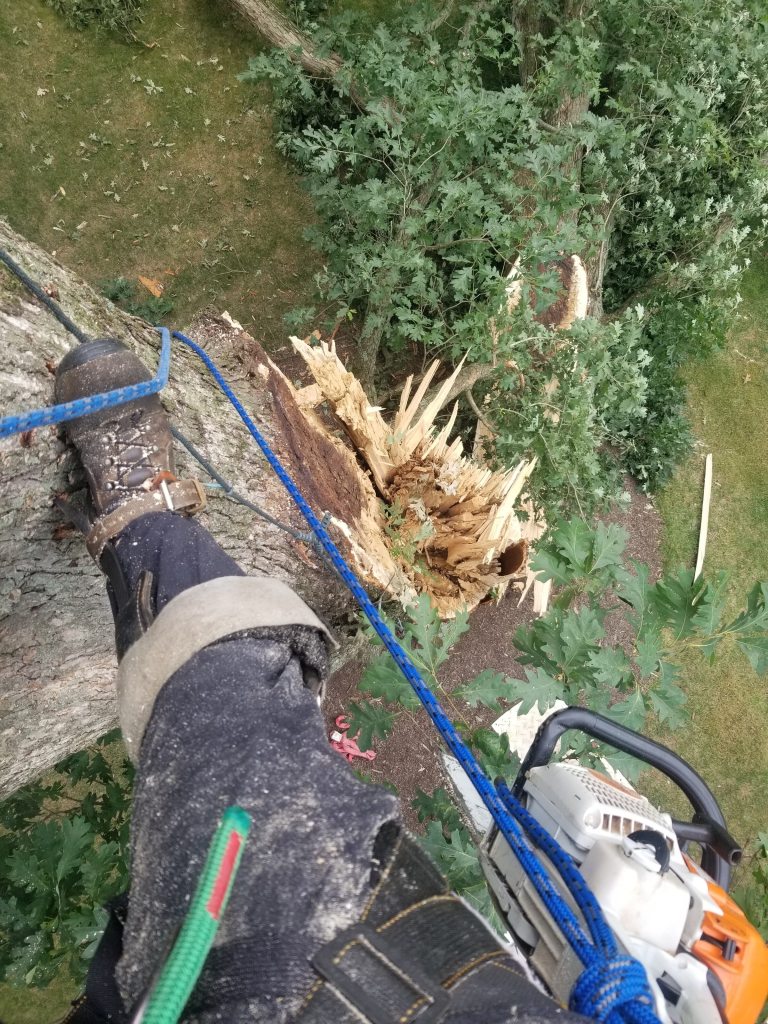
 RSS Feed
RSS Feed
